Christmas and New Year’s Eve celebrations pose many health risks for pets. To keep your pet safe and out of the veterinary hospital these holidays, our LaGrange Veterinary Hospital team offers seven tips to help ensure that your pet stays out of trouble as this difficult year draws to a close.
#1: Prevent tinsel trouble
Cats and some dogs find tinsel and ribbon delightful but, unfortunately, they sometimes show their appreciation by eating them. Ingested tinsel can cause gastrointestinal (GI) obstruction and will likely require emergency surgery. If you see tinsel emerging from your pet’s mouth or anus, don’t tug, because that can cause a long strand to bunch up, perforate the intestines, and cause another surgical emergency, but one with a poor prognosis.
#2: Eliminate electrical cord hazards
Electrical cords used to power Christmas tree lights and holiday decorations can cause severe mouth burns and respiratory distress if pets chew them. Chewed cords are also a house fire hazard, so hide and protect electrical cords inside PVC tubing, supervise your pets, or close off areas with electrical cords when you are away.
#3: Practice Christmas tree safety
Both artificial and real Christmas trees can be dangerous. Live evergreens are frequently sprayed with insect repellents or preservatives that can cause vomiting, diarrhea, or neurologic signs in pets who chew on them. Artificial trees contain different toxins, such as flame retardants and heavy metals, that are similarly unsafe for animals to eat.
#4: Prevent ornament injuries
Shimmering, glass ornaments can mesmerize playful pets, but broken glass can cut paw pads and become embedded in skin if ornaments are swatted to the floor. Ingested holiday ornaments can sometimes be toxic, and may result in GI obstruction or digestive tract perforation by the glass shards. Hang fragile ornaments high on the tree where pets can’t jump and reach them.
#5: Quiet the celebration chaos
On New Year’s Eve in particular, loud, sudden sounds from noisemakers or fireworks can terrify pets, who may run out open doors to escape, and become lost. Others may show fear behaviors such as biting or growling, inappropriate elimination, or shaking. Provide a quiet sanctuary for your frightened pet on New Year’s Eve or whenever your home celebrations become rowdy. With a few favorite toys, soft radio music, and a comfortable resting area, your pet will feel secure and safe in their own room, closed off from other family members and guests, and noise.
#6: Thwart holiday food follies
For humans, December is the season for feasting and enjoyment, but for pets, some holiday foods can be dangerous, including:
- Turkey and chicken bones — Bones can obstruct your pet’s GI tract, perforate their intestines, and cut their mouth. They may have been chewed well, but poultry bones have coarse, sandpaper-like surfaces that can cause intestinal pain and inflammation, so ensure the avian entrée is always out of your pet’s reach. When the meal ends, place leftovers, including the bird’s carcass, in a pet-proof trash container.
- Fatty foods — Gravy, sausage and other rich, high-fat foods can cause pancreatitis in pets. Schnauzers, obese dogs, and elderly pets are at higher risk, but all dogs and cats can be affected. Pancreatitis can cause vomiting, diarrhea, and severe pain, and can be fatal. Keep rich foods, including leftovers, away from pets.
- Uncooked dough — If a pet finds and eats uncooked yeast dough that was rising on the kitchen counter, the dough will rise in the pet’s warm stomach, causing pain, obstruction, and breathing difficulties, and will likely require emergency veterinary surgery.
- Chocolate — All chocolate is dangerous for pets, including baking chocolate, cocoa, bonbons, and chocolate chip cookies. However, like most people, dogs cannot resist chocolate in any form, so keep all types well away. Remember, dogs can smell chocolate through wrapping paper, so don’t place any gift that may contain chocolate under the Christmas tree.
#7: Cold weather
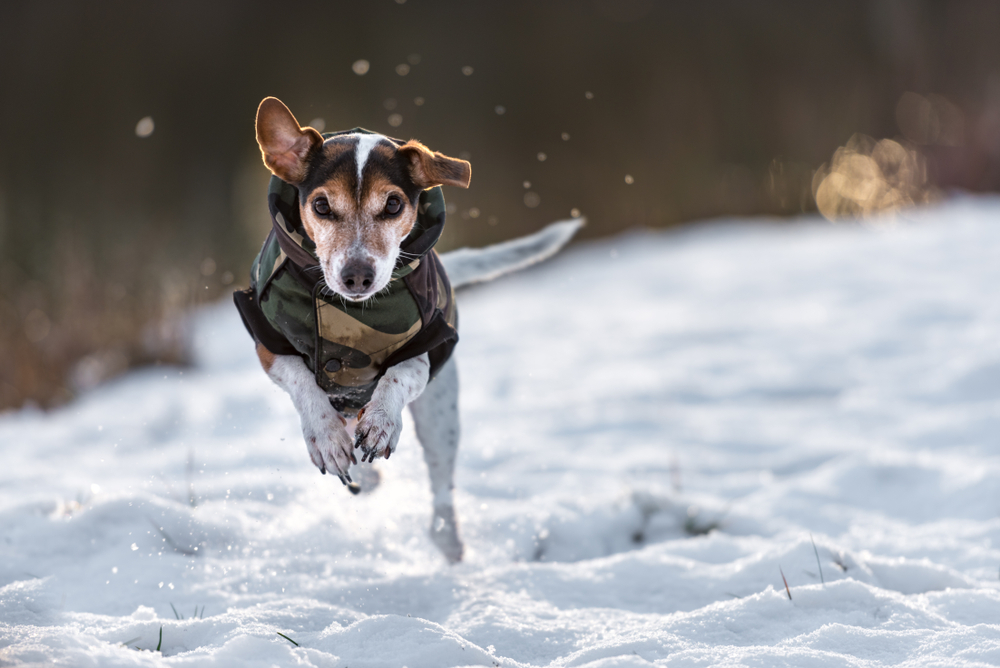
Not all pets handle cold weather well, and if you plan to take your pet outdoors during the holidays, consider their comfort. Older and young animals, dogs with short hair, and small or short-legged dogs who are close to the ground can develop hypothermia quickly. They are also at risk for frostbite to their ears, feet and face. If you are cold, your pet likely is as well, despite wearing a coat.
At LaGrange Veterinary Hospital, we hope you have a merry Christmas and a wonderful start to the new year. Meanwhile, if you have questions about your pet’s safety, or you suspect they have gotten into trouble, contact us.



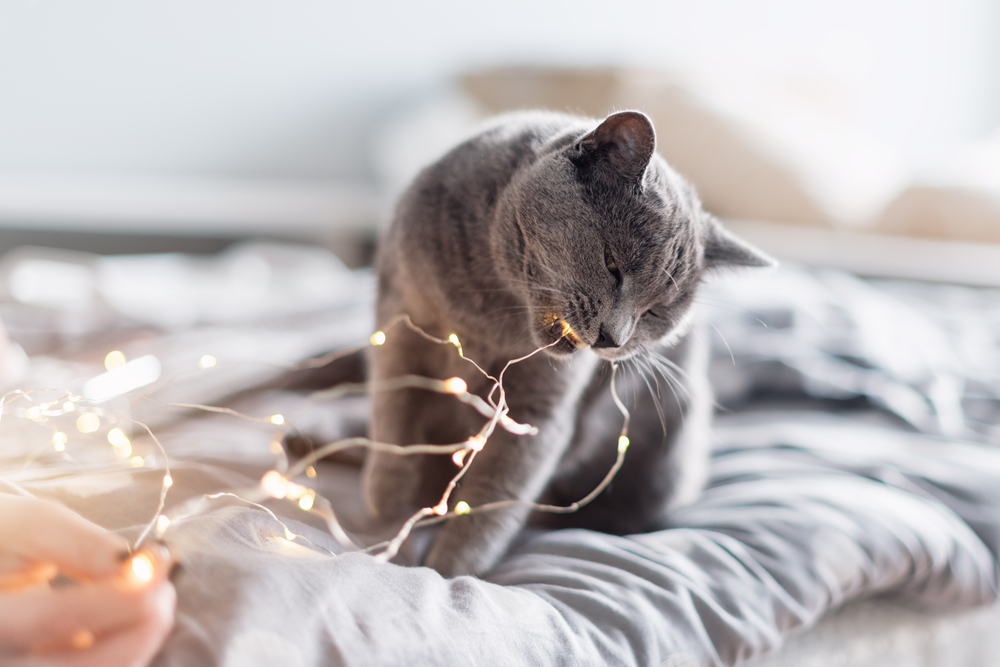
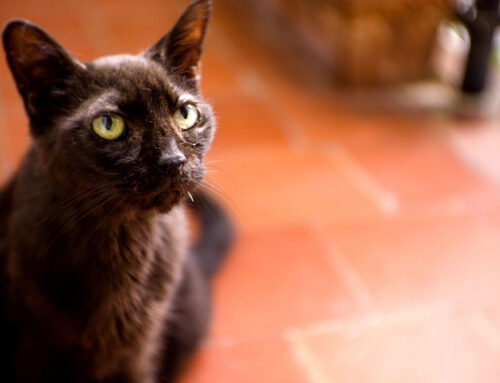
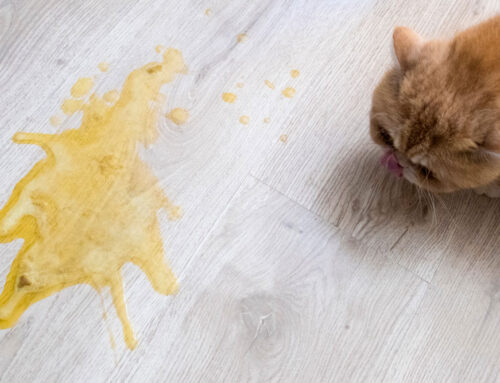
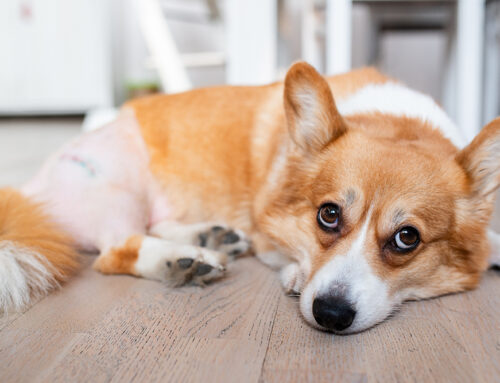

Leave A Comment